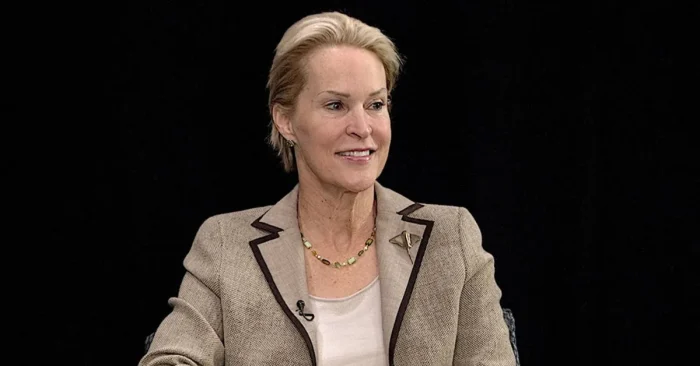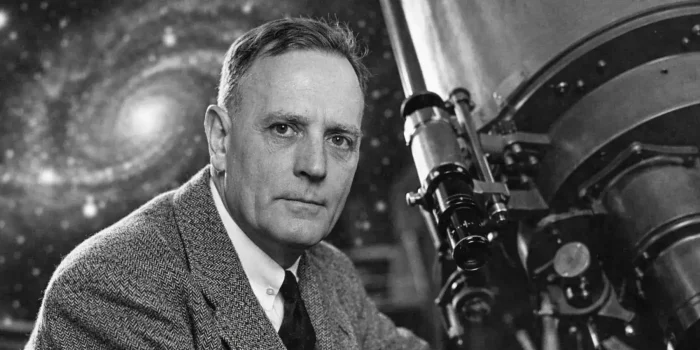Frances Arnold – Biography
Early Life and Education
Frances Arnold was born on July 25, 1956, in Pittsburgh, Pennsylvania. Growing up in a home that encouraged curiosity, she developed a love for problem-solving at a young age. Her father, William Howard Arnold, a nuclear physicist, exposed her early to science and engineering ideas. Although bright, Arnold had a rebellious streak in her youth, taking jobs as a waitress, taxi driver, and even a nightclub worker during her teenage years. Still, she excelled academically. She earned a degree in mechanical and aerospace engineering from Princeton University in 1979. Interested in energy and chemical processes, Arnold pursued a Ph.D. in chemical engineering at the University of California, Berkeley, completing it in 1985. Her diverse experiences shaped her flexible, creative approach to science.
Starting Her Scientific Career
After her doctorate, Arnold joined the California Institute of Technology (Caltech), where she found her true scientific passion. She focused on enzymes — proteins that drive chemical reactions in living organisms. Scientists had long dreamed of engineering enzymes to perform new tasks, but designing proteins from scratch was nearly impossible. Arnold saw a different way forward: rather than trying to control every detail, she let nature do the hard work through a process that would become her most famous contribution — directed evolution.
Breakthrough in Directed Evolution
Frances Arnold pioneered directed evolution by mimicking natural selection in the lab. Instead of designing perfect enzymes, she introduced random mutations into the DNA coding for the proteins. Then, she screened the mutated proteins to identify versions with better performance. By repeating this cycle of mutation and selection, she evolved enzymes with entirely new abilities. This approach revolutionized protein engineering. Directed evolution allowed scientists to create enzymes used in manufacturing pharmaceuticals, biofuels, and environmentally friendly industrial processes. Her breakthrough not only solved problems once thought impossible but also opened new doors in medicine, energy, and sustainability.
Nobel Prize and Worldwide Recognition
In 2018, Frances Arnold received the Nobel Prize in Chemistry for her pioneering work on directed evolution, becoming the fifth woman in history to win a Nobel in this field, and the first American woman to do so. The Nobel Committee recognized how her work made it possible to create new enzymes that benefit people and the environment. Beyond the Nobel, Arnold’s method has become a standard tool in laboratories worldwide, demonstrating how blending biology and engineering can produce real-world solutions. Her success also highlighted the importance of innovation that crosses traditional scientific boundaries.
Leadership and Advocacy
Alongside her scientific achievements, Frances Arnold has become a powerful advocate for diversity and inclusion in science. She actively encourages women and underrepresented groups to pursue careers in science and engineering, often speaking openly about the challenges she faced as a woman in a male-dominated field. In 2021, she was appointed co-chair of President Biden’s Council of Advisors on Science and Technology (PCAST), helping shape national policy on scientific research and innovation. Her leadership extends beyond the lab, influencing the future of science education, research funding, and policy-making at the highest levels.
Personal Life and Legacy
Frances Arnold’s personal journey has been marked by resilience and determination. She faced personal tragedy when her son, William, passed away in 2016. Despite hardships, she continues to be an inspiring figure in the scientific community, balancing her professional career with personal challenges. Arnold’s legacy is not just her Nobel Prize but the countless scientists she has mentored and the industries transformed by her work. Her innovative approach to science has led to safer pharmaceuticals, greener technologies, and new ways of thinking about biology’s role in solving global challenges.
Conclusion
Frances Arnold’s groundbreaking work in directed evolution has reshaped how we approach biological engineering. Her innovative mindset, combined with her advocacy for inclusion and her dedication to public service, makes her one of today’s most influential scientists. Her story demonstrates that creative thinking and perseverance can lead to discoveries that improve lives and help build a better future.
Frequently Asked Questions (FAQs)
What is Frances Arnold famous for?
She is best known for developing directed evolution, a method that evolves enzymes for new and useful functions.
When did she win the Nobel Prize?
She won the Nobel Prize in Chemistry in 2018 for her work on directed evolution of enzymes.
What is directed evolution?
Directed evolution mimics natural selection in the lab to create proteins with improved or novel properties through cycles of mutation and selection.
Where does Frances Arnold work?
She is a professor of chemical engineering at the California Institute of Technology (Caltech).
What role does she play in science policy?
Arnold serves as co-chair of President Biden’s Council of Advisors on Science and Technology, helping guide national science policy.






